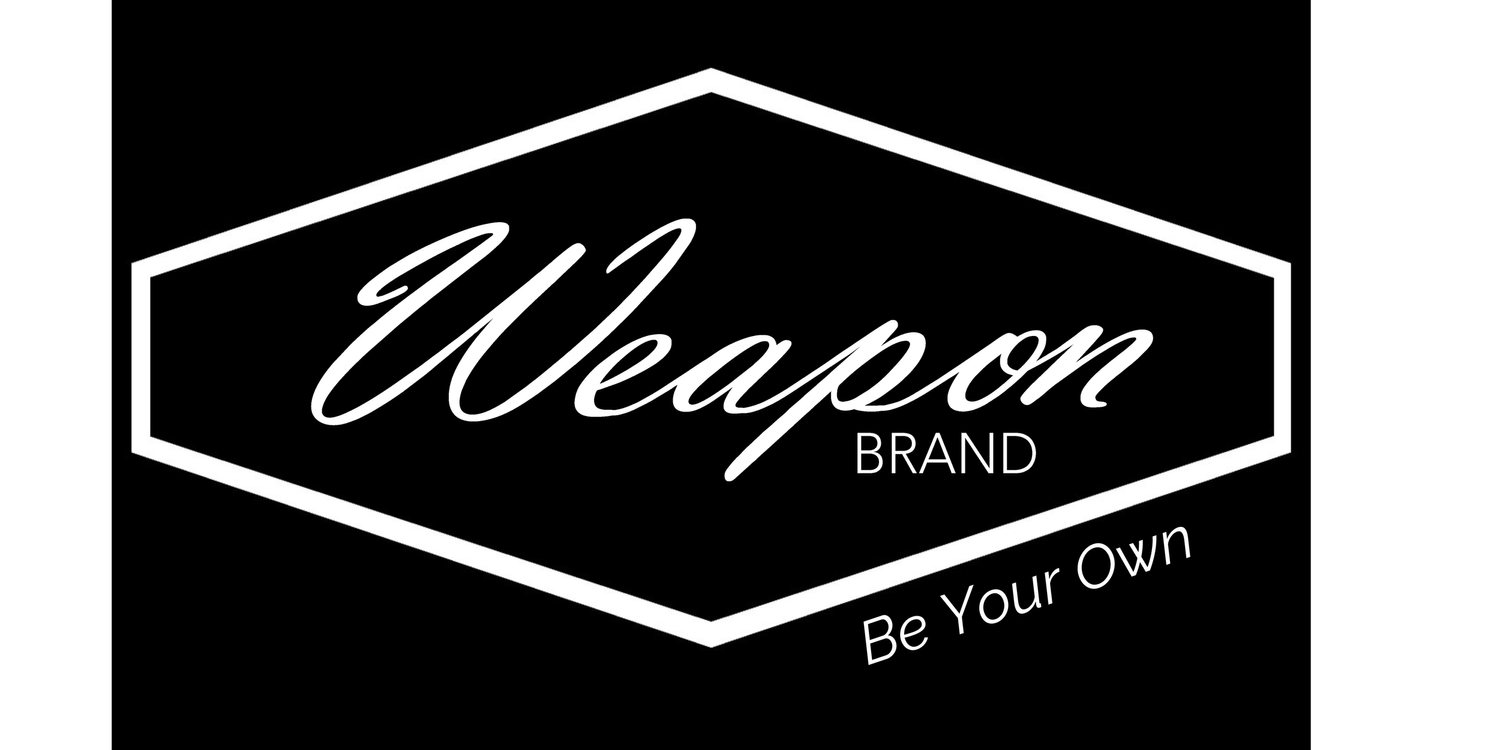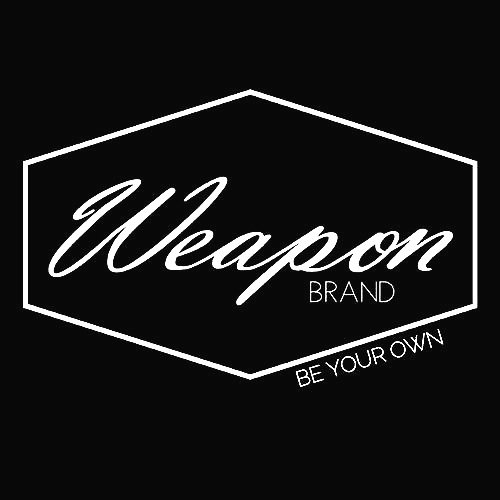The Texts I’ll Never Forget (and the Work That Followed)
In 2018, I was asleep when I got a message from a friend:
“Shooting at Borderline.”
Half-asleep, I replied, “Great! That’s awesome!” I thought he meant they were filming a commercial—something totally normal for that bar.
His next message hit like a punch:
“No. There’s a shooting at Borderline. Active shooter.”
I sat straight up. My heart sank. Borderline Bar & Grill in Thousand Oaks, CA—owned by one of my longtime friends and marketing clients—had been open since the 1980s. Thirteen people were killed that night. The business never reopened in that iconic location. Lives, including those in our circle, were forever changed.
But that wasn’t the first time I’d been shaken to my core by mass violence. Just one year earlier, in 2017, I had made a rare, completely out-of-character decision not to attend the Route 91 Harvest Festival in Las Vegas. That night, another text from the same friend came through:
“My brother-in-law is at the festival. They’re under attack.”
I started piecing it together—realizing how many of my friends and colleagues were there. I was worried sick. Again, glued to the TV, heart pounding, praying for messages that said, “I’m okay.” Some came quickly. Others took days. The ripple effects are still with us—PTSD, survivor’s guilt, anxiety that never quite goes away.
So when people ask why we do what we do at Weapon Brand, I tell them:
It’s not about business. It’s personal.
When I was planning to attend the Tortuga Music Festival, Brian—my cousin and the founder of Weapon Brand—insisted that my friends and I learn some safety basics: how to move in a crowd, how to respond in a crisis, how to survive.
I made a quick post on Facebook:
“Anyone want to come hear my cousin Brian talk about safety? He’s a former Marine and has trained people in self-defense for decades.”
Within 90 minutes, over 30 people said yes. That was the beginning of Weapon Brand Florida. Not a business launch—a moment of shared need.
That night he didn’t teach us just theory. He taught us what our brains need to know before the unthinkable happens. Because you don’t rise to the occasion in a crisis—you fall to the level of your training. And when chaos hits, you won’t have time to figure it out. You’ll default to what you already know.
If an active shooter event ever happens—here’s what you need to do:
RUN
If you hear gunfire and your brain starts asking, “Was that what I think it was?”—don’t wait. Don’t freeze. RUN.
If there’s a way out—take it. Don’t wait for confirmation. Don’t grab your bag or tell your friends goodbye. Just move.
And don’t just stop outside—run far. Bullets travel much farther than you think. Distance saves lives.
Move with purpose. Don’t stay in open spaces. Put barriers between you and the shooter—walls, cars, buildings.
If you're in a crowd, move diagonally toward the perimeter. Go with the flow until you can break away.
If you fall, get up immediately. If you can’t, protect your head and lungs by raising your arms over your face and chest. Your #1 priority is to stand back up.
HIDE
If you can’t run, hide where the shooter can’t find or reach you. Lock or barricade the door. Turn off the lights. Silence your phone.
But don’t just hide under a table. Hide behind something that will actually stop a bullet—metal, concrete, a large filing cabinet. Concealment hides you. Cover protects you.
Barricading tip:
Stack wide across the door first to prevent it from opening. Then stack deep into the room to add layers between you and the shooter. Use a doorstop or wedge if you have one—they’re cheap, light, and life-saving.
FIGHT
If hiding fails, and you are face-to-face with the shooter, this is your last option.
At Weapon Brand, we say:
“Fight Until The Last Breath… And It Won’t Be Mine.”
Because you don’t need to be strong—you need to be committed.
Target 3 places the body can’t ignore:
Eyes – Go for an eye gouge. Over and over. It’s the #1 self-defense move. Blind them, disorient them, create an opening.
Throat – Disrupt breathing, force a response.
Groin – Don’t just strike. Grab, twist, and pull like a doorknob. It’s not about pain (they might not feel it due to adrenaline)—it’s about breaking posture and dropping their hips so the head comes low. Then go for the eye gouge again.
Use anything around you as a weapon:
Fire extinguisher
Bottle
Scissors
Pen
Belt
Backpack
You're not fighting fair. You’re fighting to survive.
Everyday Prep That Saves Lives:
Gunfire echoes. Especially indoors. It can sound like it's coming from one direction when it’s actually another. Don’t rely on sound alone—move smart.
Know your exits. Always. Train yourself to scan as soon as you walk into a space. Make it a game with your kids—“Where’s the second exit?”
Don't run against the walls in hallways. Bullets can ricochet. Give yourself space.
In your home or office, upgrade your door hardware. Replace 1" screws in doorframes with 3" screws. It makes it harder to kick in.
Teach your brain now. Brian always says:
“The body can’t go where the mind hasn’t already been.”
Picture the scenario. Walk through it mentally. Decide ahead of time what you’ll do. This alone can be the difference between freezing and fighting.Trust your gut. If something feels off, it probably is. You don’t owe anyone an explanation for protecting yourself.
Years later, another tragedy hit: the active shooter incident at Florida State University. Two people killed. Five more hospitalized. And once again, we’re checking on friends whose kids go there. Texting colleagues who work on campus. Glued to the TV. Heartbroken.
Because this is what trauma does—it echoes. It reaches across time and space and brings back the fear, the grief, and the urgency to make sure no one ever feels that powerless again.
At Weapon Brand, we teach active shooter response, situational awareness, and crisis preparedness. But none of it is theory to us. It’s life. It’s people we know. Places we’ve been. Choices that changed everything.
The last concert I saw at Borderline was LOCASH—still one of my favorite bands. I remember dancing, singing, feeling free.
And I want others to keep feeling that way, too—free, but prepared.
Because if tragedy ever shows up again, I want them to know what to do.
And I want them to survive.

